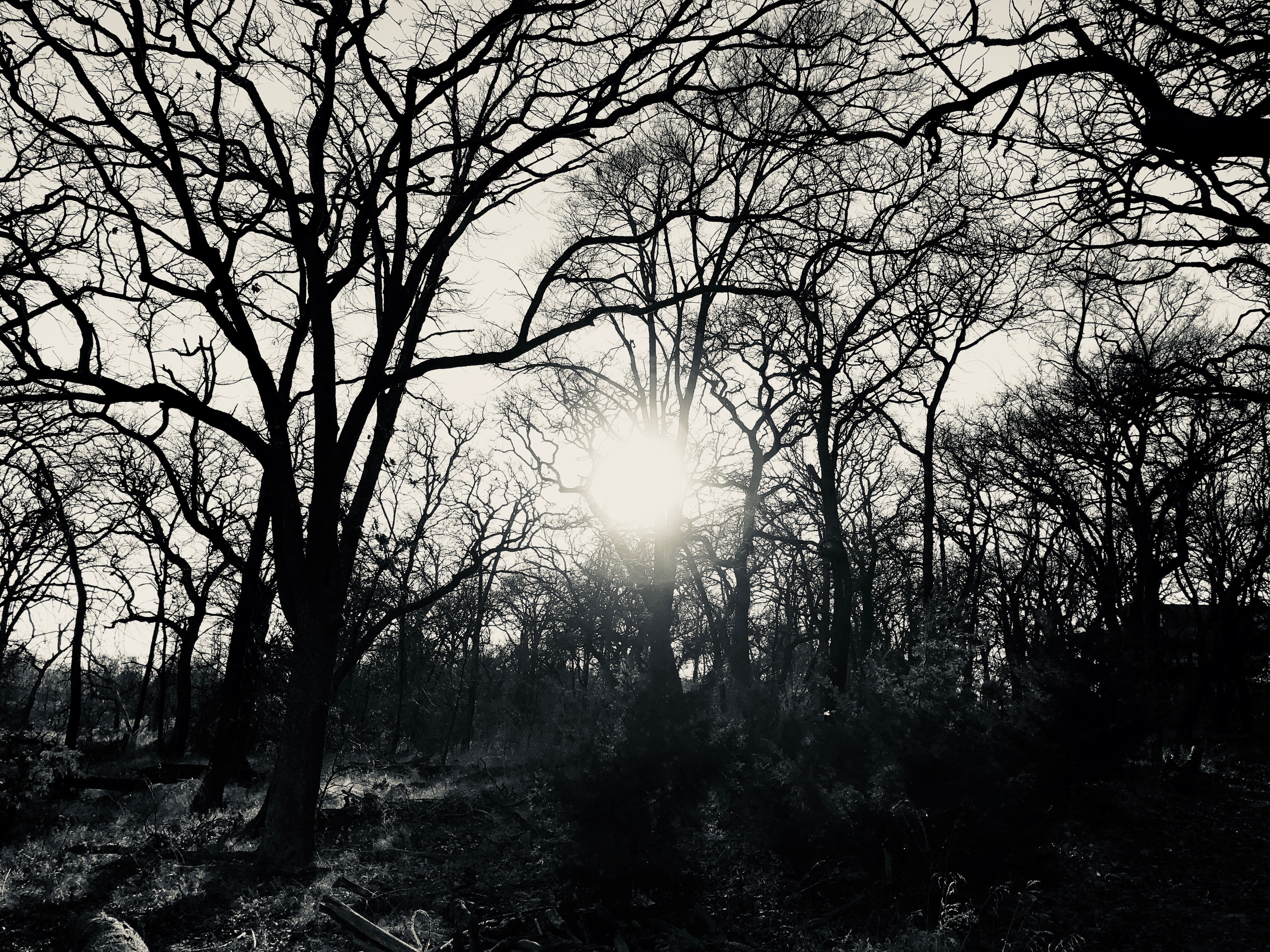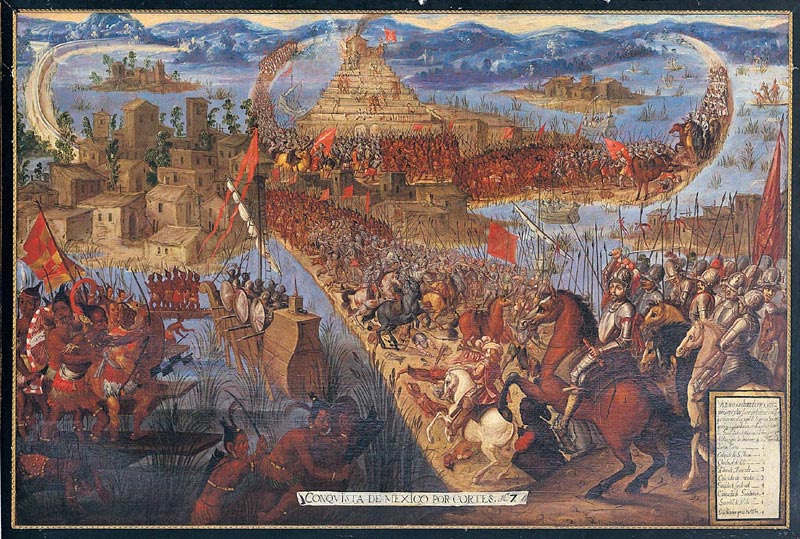Since the philosopher Nietzsche announced the “death of God” over a century ago, the specter of divine absence has hovered over Western civilization.
The importance of this theme has not been limited to atheists. Since at least the 1960s, the “death of God” movement has captivated the imagination of theologians and philosophers alike, and as a result has been an ongoing – and contentious – issue for the public as a whole. The box office success in recent years of such Christian films as “God’s Not Dead” and “God’s Not Dead 2”), which to date have grossed around $80 million, attest to a profound, popular interest in Nietzsche’s famous saying, even if it has become a focus of the culture wars.
Whether God is dead or absent, however, the question of whether the divine continues to manifest in some way – as a “still small voice” or as felt presence – is a question that preoccupies religious believers and philosophers and theorists of religion alike. Theologian John D. Caputo contends, for example, that God may not exist, but still “insists” in certain mysterious ways. A long spiritual tradition running back to the early Middle Ages known as “negative theology” holds that even if the divine itself is beyond human reach, one can still ”speak” of God – paradoxically – by “not-speaking.” Likewise, God can also “speak” in the same way.
The Journal for Cultural and Religious Theory will publish a special issue on “The Dialectic of Divine Presence and Absence” some time in 2019. A number of papers from a conference in the fall of 2017 on this same topic will be published as part of this issue, but we are looking for additional contributors for the special issue.
The special issue will address a number of questions from an interdisciplinary perspective concerning the relationship between the presence/absence and the voice/silence of God. For instance: What does it imply (theologically, linguistically, existentially, psychologically, etc.) to invoke the expression “God speaks”? If God is dead, does God still “speak from the dead” in some extended sense of the word, and what does that in itself say about God? What does it mean to talk about divine “presence” and “absence”, or about God “speaking” or “remaining silent”? Are we simply utilizing metaphors when we talk about the “voice of God”, or does such a locution have more palpable as well as empirical ramifications? What is meant in a deeper, rather a superficial or sloganeering way, by Nietzsche’s well-known expression “God is dead”?
Submissions should include both a 300-500 word abstract along with full papers no later than Sept. 1, 2018. They should be submitted as email attachments in Word, or Word-compatible, format to the following email address editor.jcrt@gmail.com. Papers should be a maximum of 8000 words and formatted with Chicago-style documentation. Authors will be notified of acceptance for publication in the special issue no later than Dec. 1, 2018.




